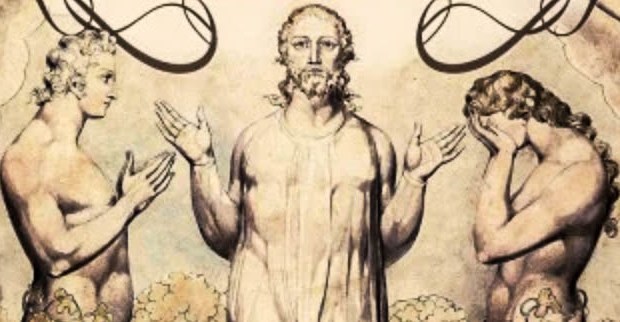John Milton published his epic poem “Paradise Lost” more than 350 years ago, in an effort to retell the biblical story of Adam and Eve. The long work imitates classical models of epic poetry.
Along with its arguments regarding free will, tyranny, and slavery, “Paradise Lost” informed modern conceptions of civil liberty, republican government, and free speech, says Dartmouth professor Thomas Luxon. In the United States, men like Benjamin Franklin, Thomas Jefferson, and John Adams credit Milton’s poem as having shaped their ideas of religious and civil liberty in a democratic republic.
In a free online course, viewers have access to Dartmouth’s Milton Reading Room, an online scholarly edition of all of Milton’s poetry in English, Latin, and Italian, and selected prose works in English.
The annotations and glosses to “Paradise Lost” in the Reading Room provide links to the classical, biblical, religious, and historical works to which the poem so frequently refers.
Check out the course here.

